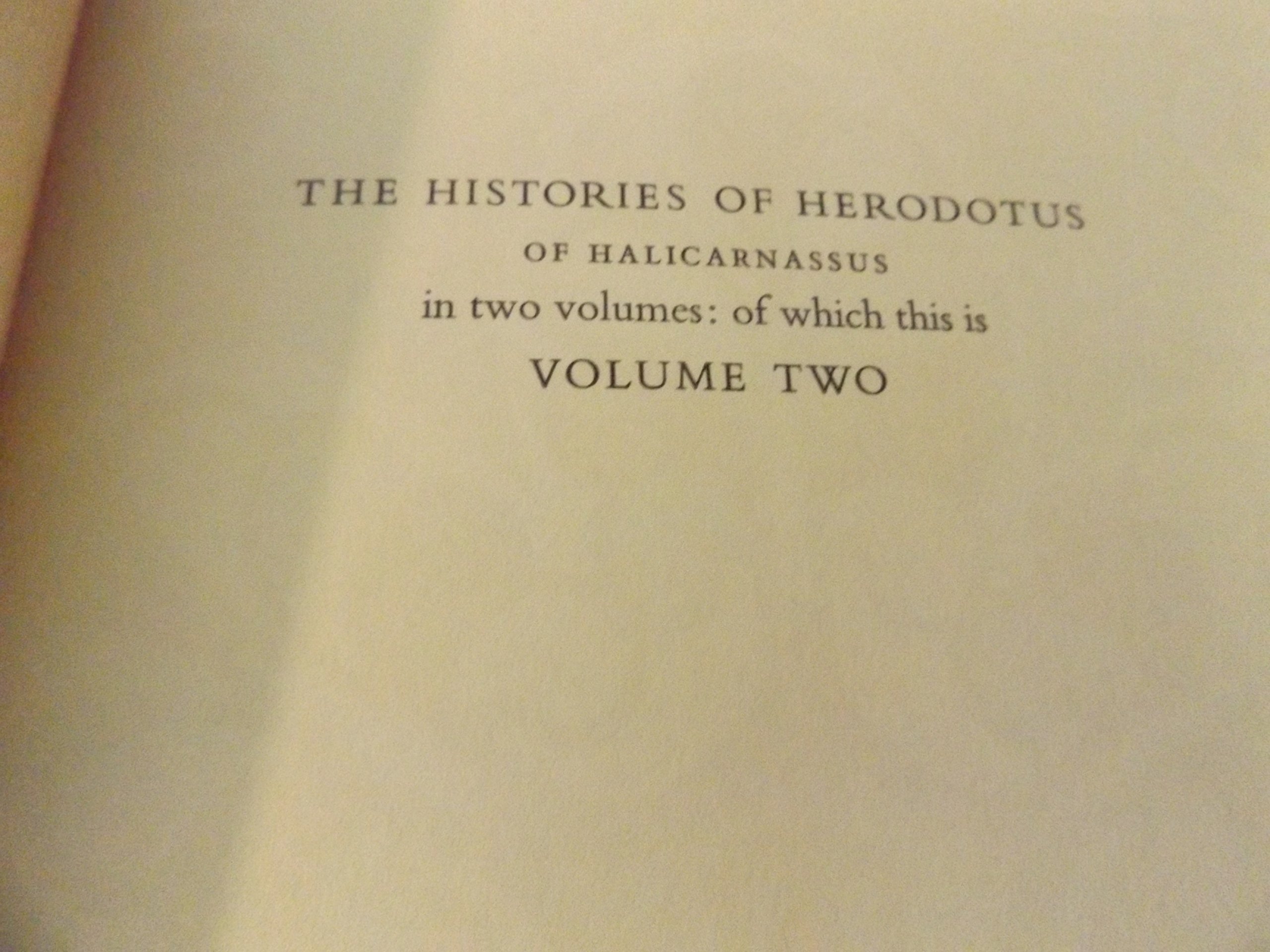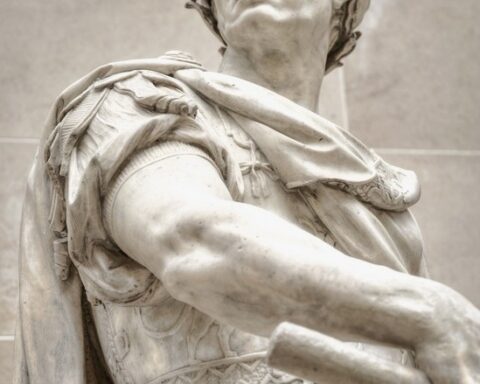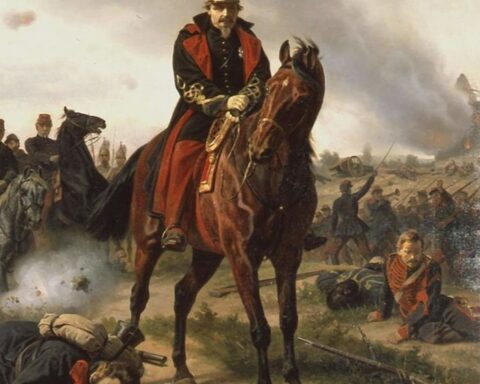There are lot of books that have shaped the West, for better or ill. The Ancient Greeks unknowingly laid a foundation that we still are using today. You can’t toss a lyre at their collection and not knock over works that not only influenced everything that came after but also are widely held in high esteem today.
“The Histories” by Herodotus is a work of such profound sweeping effect that you can’t believe anything said about him until you read it for yourself.
I know some of you are wincing. “History?” you mutter under your breath, darkly, remembering when in school you were forced to memorize long lists of dates and events without any sort of context, like a bus schedule for an entire city.
Bear with me on this one. Herodotus wasn’t just the father of history, but one of the best raconteurs of the ancient world. His stories were things he could verify himself or trusted the source well enough. Oh sure, he sometimes relied on second-hand, third-hand, or even fifth-hand accounts but he doesn’t ever try to purposely mislead. Quite often he stresses that the information he is relying could be wrong. But he merrily charges ahead away, detailing everything he could get his hands on, retelling tales with a sly wink and a nod.
His whole purpose of the book was to tell the story of the Greek-Persian war, but he starts years before then, goes off on side trips to areas the Persians conquered before they attacked Greece, histories of different people, descriptions of not only of the nations but also of the natural locations and wonders, spins off on side legends and myths, tells of what he had seen, what people had told him, and what he thinks really happened and then pulls it all together for the final conflict.
It’s sprawling and enjoyable and just plain fun.










5
I really liked Herodotus’s Histories. He has a breezy relaxed style–especially compared with Thucydides.
In a way he was a better historian than Thucydides, too, i.e., he named his sources (usually) & often gave multiple versions of the same event. Sure some were pretty fanciful but he lays it out for the reader & lets that reader judge. The best bits are the war itself, of course. In my imagination its like the worlds first & longest NewYorker article–from before they were a subsidiary of Leftism Inc (TM).